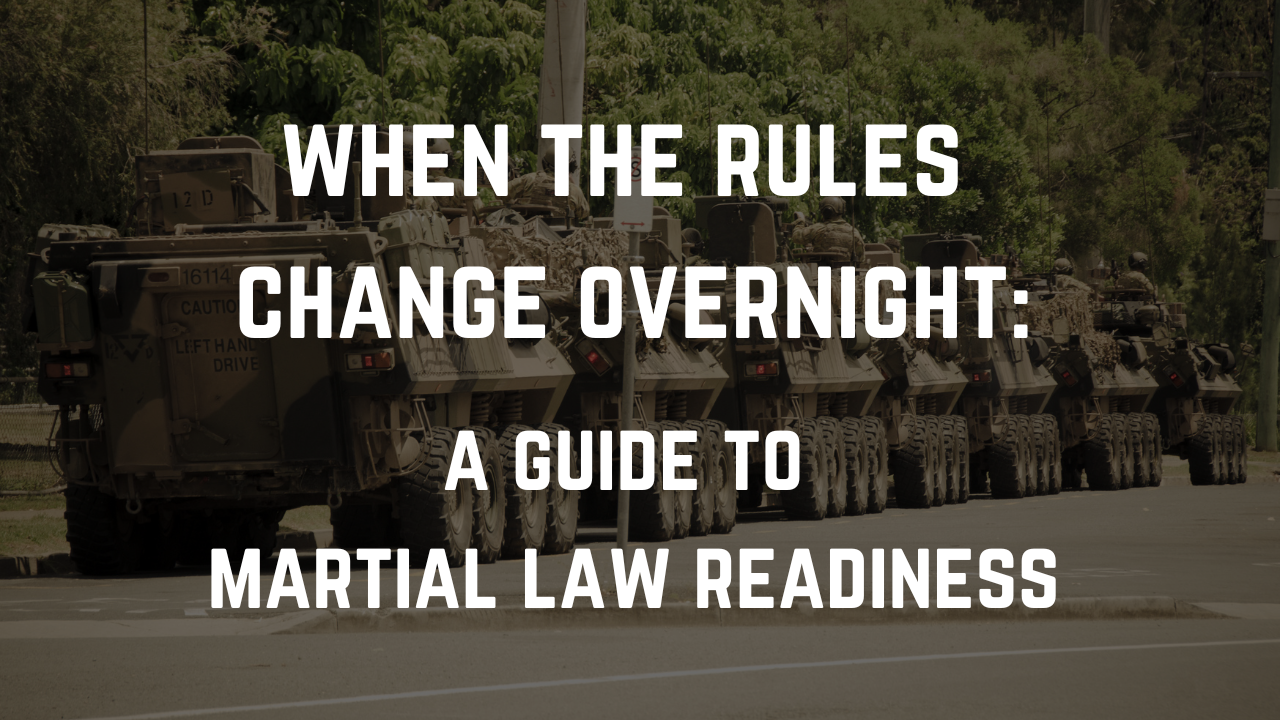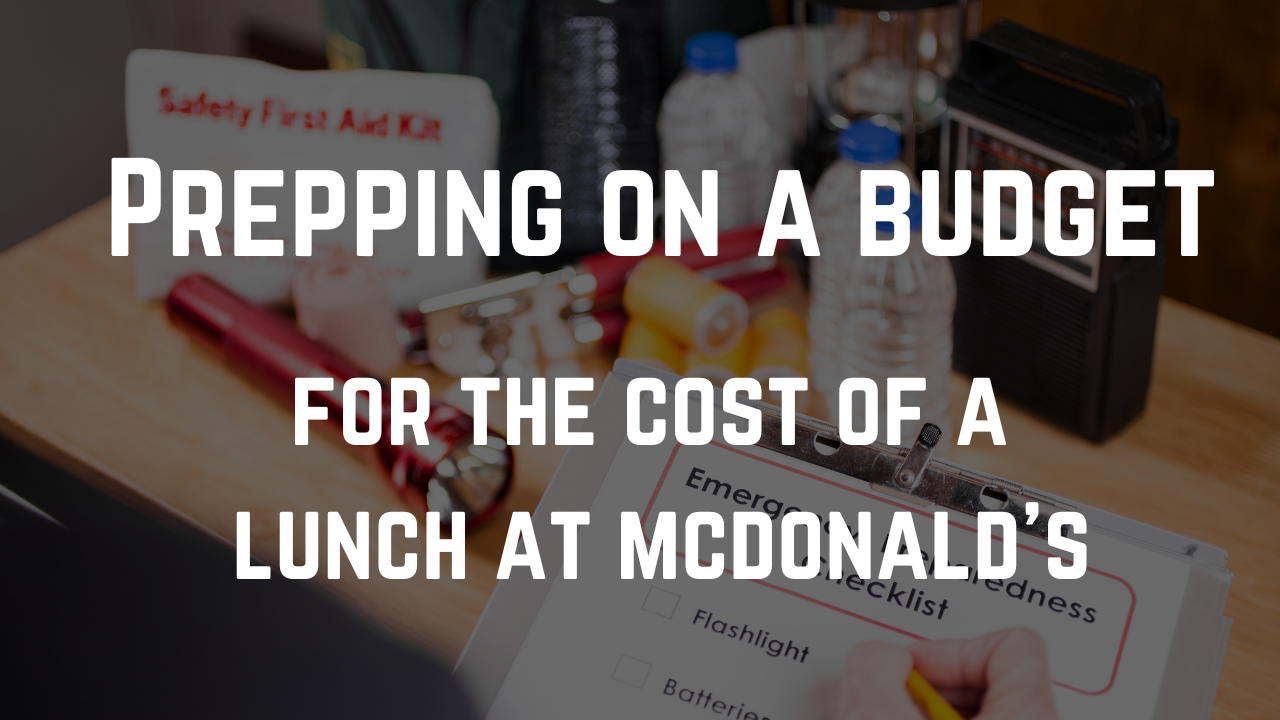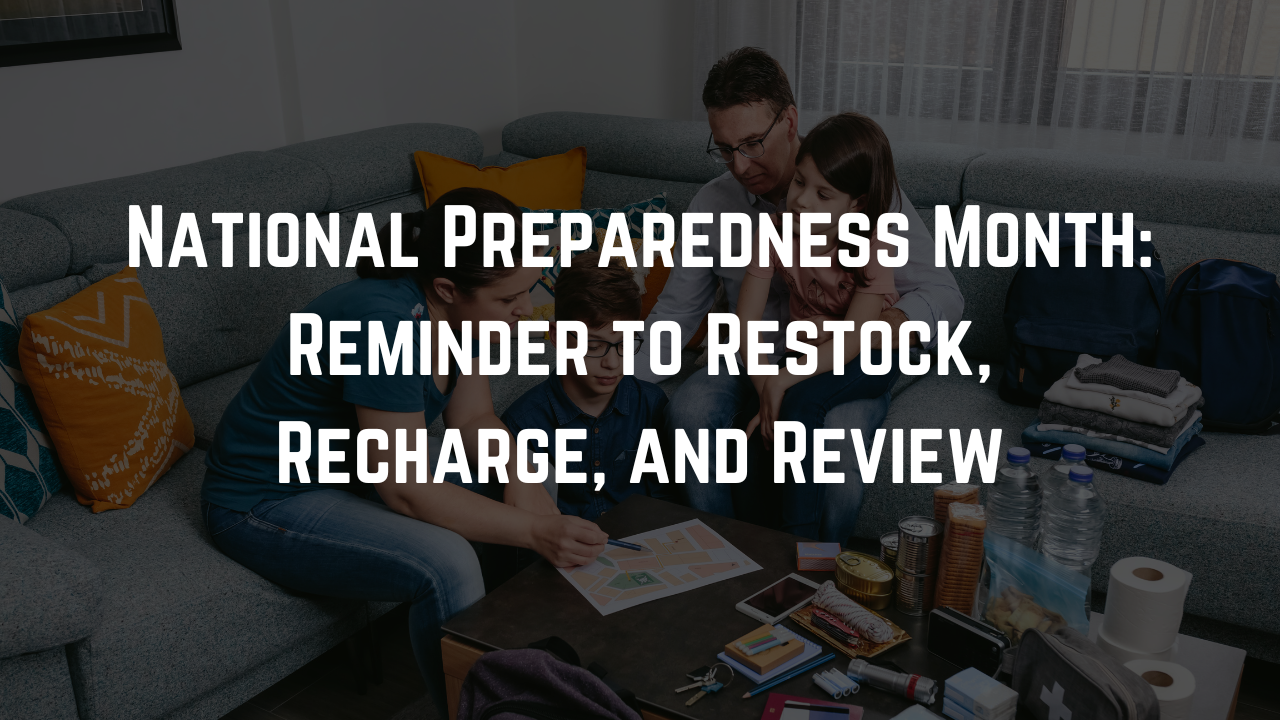
You don’t have to be a survival expert to be prepared, just willing to learn. Start with one skill at a time, involve the whole family, and turn preparedness into a fun, empowering practice.
Here are 10 essential skills every family should learn to stay safe and self-reliant:
1. Basic First Aid & CPR
Why it matters: Injuries happen, and professional help may not always be available. Knowing how to stop bleeding, treat burns, splint fractures, and perform CPR can save lives.
How to learn: Take a certified first aid course, practice wound care at home, and keep a well-stocked first aid kit.
Recommended app: iFirstAid, Red Cross
2. Fire-Making & Safe Fire Management
Why it matters: Fire provides warmth, cooking ability, and signaling for help.
How to learn: Practice with matches, lighters, ferro rods, and even friction-based methods (like a bow drill). Teach kids fire safety rules.
3. Clean Water Sourcing & Purification
Why it matters: Without clean water, survival is limited to days.
How to learn: Know how to filter (using cloth, sand, or charcoal) and purify water (boiling, bleach, or UV treatment). Store backup water supplies.
4. Basic Home & Vehicle Repairs
Why it matters: A broken pipe, dead car battery, or leaky roof can become emergencies if not fixed quickly.
How to learn: Familiarize yourself with plumbing, electrical basics, and car maintenance (jump-starting, changing tires).
5. Navigation Without GPS
Why it matters: If technology fails, knowing how to read a map, use a compass, and navigate by the sun/stars is crucial.
How to learn: Practice orienteering in local parks, mark key landmarks, and teach kids basic direction-finding.
6. Food Foraging & Wild Edibles
Why it matters: In prolonged emergencies, food supplies may run low.
How to learn: Study local edible plants, mushrooms, and safe trapping/fishing methods (where legal). Always verify before eating!
Recommended app: PlantNet
7. Self-Defense & Situational Awareness
Why it matters: In unpredictable situations, personal safety becomes a priority.
How to learn: Take a self-defense class, practice de-escalation tactics, and teach kids about stranger danger and safe meeting spots.
8. Emergency Communication Strategies
Why it matters: Phones may not work—knowing how to signal for help is vital.
How to learn: Teach Morse code (SOS: ··· ––– ···), whistle signals, and mirror flashes. Have backup radios (HAM or walkie-talkies).
Recommended apps: HamStudy, Zello
9. Sewing & Basic Clothing Repairs
Why it matters: Ripped clothing or gear can lead to exposure in harsh conditions.
How to learn: Practice hand-sewing, patching holes, and even making simple gear (like rope from natural fibers).
10. Mental Resilience & Stress Management
Why it matters: Panic is the enemy of survival. Staying calm under pressure saves lives.
How to learn: Practice mindfulness, breathing exercises, and scenario drills so fear doesn’t take over in real emergencies


